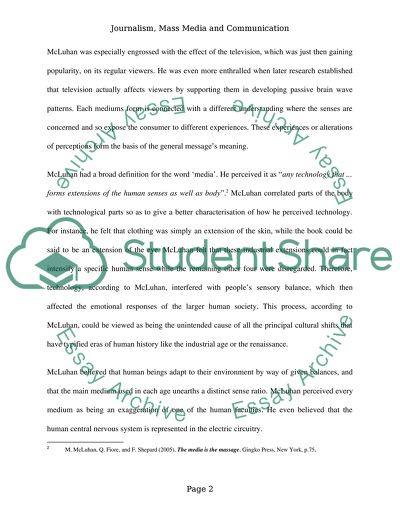Cite this document
(“Media Essay Example | Topics and Well Written Essays - 2000 words”, n.d.)
Media Essay Example | Topics and Well Written Essays - 2000 words. Retrieved from https://studentshare.org/journalism-communication/1473367-media
Media Essay Example | Topics and Well Written Essays - 2000 words. Retrieved from https://studentshare.org/journalism-communication/1473367-media
(Media Essay Example | Topics and Well Written Essays - 2000 Words)
Media Essay Example | Topics and Well Written Essays - 2000 Words. https://studentshare.org/journalism-communication/1473367-media.
Media Essay Example | Topics and Well Written Essays - 2000 Words. https://studentshare.org/journalism-communication/1473367-media.
“Media Essay Example | Topics and Well Written Essays - 2000 Words”, n.d. https://studentshare.org/journalism-communication/1473367-media.


